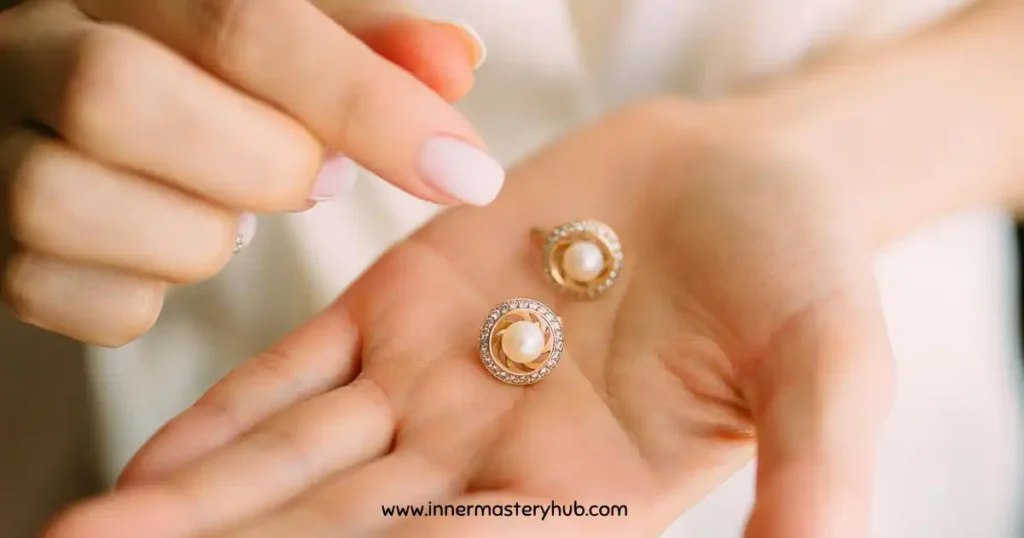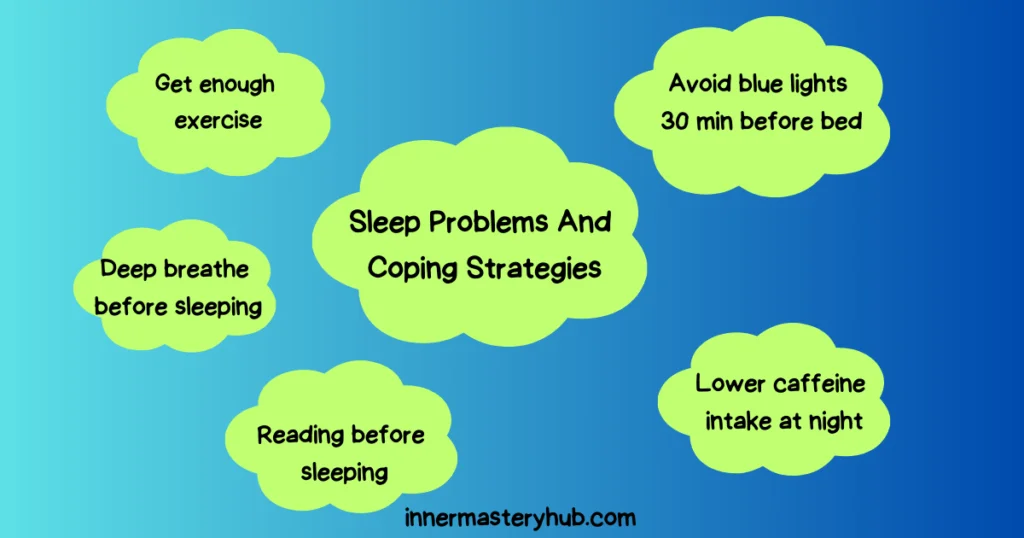
People frequently spend money on expensive stuff when cheaper alternatives are equally effective. Designer products, luxury goods, and expensive devices might all appear too good to resist. Some people think quality is only expensive, while others wish to display their status.
The global luxury goods market reached $300 billion in 2023, proving our attraction to high-priced products. But does spending more always mean getting more value?
Spending on expensive stuff without clear reasons can lead to financial stress. Many people regret buying costly things when their budgets tighten. Others may buy something expensive because they feel pressured to fit in. This creates a cycle of spending that doesn’t always deliver happiness or long-term satisfaction.
Table of Contents
What Makes Expensive Stuff So Tempting?
Expensive items are designed to attract attention. Luxury brands use psychology to make their products desirable. For example, companies highlight exclusivity, making you feel special when you buy their items. Limited editions or scarce stock create urgency. This strategy makes you think you’re getting something unique, even overpriced.
Social media also amplifies this problem. Influencers promote expensive brands, creating the fear of missing out (FOMO). Seeing others flaunt pricey goods can make people feel inadequate. This emotional trigger drives unnecessary purchases.
Research shows that people link high prices with better quality, even when no evidence supports it. A Stanford study revealed that people enjoyed the same wine more when told it was expensive. Brands use this perception to justify their pricing. The reality is that not all expensive things are better. Sometimes, you pay for the name, not the product’s actual worth.
Financial stress adds another layer. Many people buy expensive things on credit, hoping to keep up with trends. Debt rises, and the enjoyment of the item fades quickly. This creates long-term money problems that outweigh short-term satisfaction.
Smarter Ways to Approach Expensive Stuff
Making smarter choices can help you enjoy quality items without overspending. First, identify why you want something expensive. Are you looking for better quality, or is it about showing off? Understanding your motivation can stop impulse purchases.
research the product
Next, research the product. Compare reviews, materials, and features with less expensive options. Often, mid-range items offer similar benefits. For instance, Consumer Reports found that mid-priced appliances often perform as well as luxury brands.
Setting a budget is crucial
Decide how much you can afford without debt or financial stress. If something truly adds value to your life, save for it instead of relying on credit. Delaying a purchase often reduces the urge to buy on impulse.
Consider alternatives
Luxurious living without breaking the bank can be achieved by renting or borrowing expensive items. You can hire expensive cameras, luxury clothing, or even cars, for instance. You can enjoy luxury without having to pay the price tag thanks to this.
Mindset changes also help
Focus on what you truly value. Studies show that people derive more happiness from experiences than material goods. Instead of buying expensive things, consider spending on travel, learning, or hobbies. These create lasting memories and personal growth.
Lastly, learn the art of saying no. Marketing tactics can make it hard to resist buying expensive items. Understanding how brands influence your choices helps you make rational decisions.
The Bottom Line: Balancing Quality and Cost
Expensive stuff isn’t always awful. Durability, workmanship, or innovation can sometimes justify a higher price. However, making the mistake of assuming that higher costs equate to higher quality might result in regret and financial loss.
You may get the rewards of excellence without going over budget if you know what you need, look into your options, and establish clear spending limitations. Making deliberate decisions ultimately results in more happiness in addition to financial savings.
You do not have to follow the herd in a society that exalts costly items. Make sensible decisions, stick to your budget, and concentrate on your priorities.
RELATED POSTS
13 Core Areas of Life And A Curious Mind’s Exploration
Stop Being Nice: Why It’s Time to Set Boundaries






